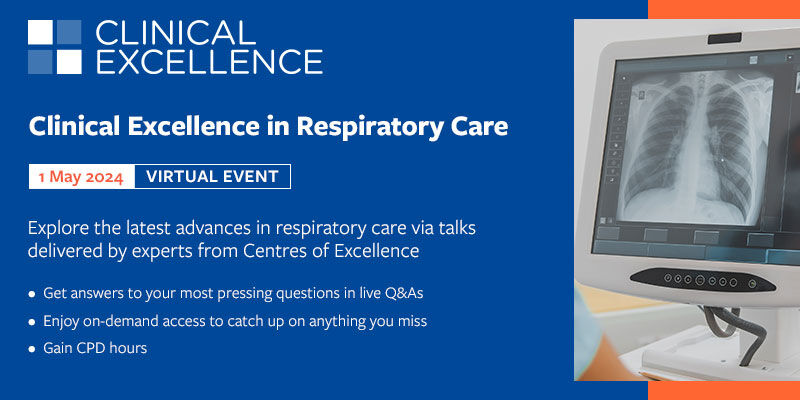An analysis of dairy fat biomarkers suggested that a higher intake of dairy foods is associated with a 25% lower incidence of CVD.
Cardiovascular diseases (CVDs) cause an estimated 17.9 million deaths every year and globally, account for 32% of all mortalities. Reduced intake of fats, and in particular, saturated fats, has become a central recommendation for many years. For example, the NHS suggests that men should eat no more than 30g per day of saturated fat. In fact, reducing intake of saturated fat has been suggested as a means of reducing cardiovascular events, especially if the fat is replaced with unsaturated fats. However, in recent years, meta-analyses of randomised trials and observational studies found no beneficial effects of reducing saturated fat intake intake on cardiovascular disease (CVD) and total mortality, and instead found protective effects against stroke. Although studies linking fact intake and cardiovascular disease have often relied upon self-reported intake, these can be unreliable. This led an international team of researchers, led by The George Institute for Global Health, University of New South Wales, Australia, to investigate the association between serum levels of pentadecanoic acid (15:0), a biomarker for dairy fat intake and both incident cardiovascular disease (CVD) and all-cause mortality in a Swedish Cohort. The 15:0 was measured at baseline together with a series of questionnaires, between 1997 and 1999 and follow-up information was collected until December 2014. The primary outcomes of interest were incident CVD and all-cause mortality which were obtained from death registries and reported as hazard ratios. In addition, the authors included the results of their study in a systematic review and meta-analysis with a number of other studies.
Findings
The study included 4,150 adults with a mean age of 60.5 years (51% female) at baseline and who were followed for a median of 16.6 years. During this time there were 578 incident CVD events and 676 deaths (198 due to CVD). Higher serum 15:0 levels were associated with a lower incident CVD (hazard ratio, HR = 0.75, 95% CI 0.61 – 0.93, p = 0.009). However, there was no significant association of 15:0 serum levels with all-cause mortality (p = 0.38).

In the meta-analysis which included 18 studies and 42,736 participants, comparing the highest to lowest serum 15:0 levels, was associated with a 12% reduction in CVD (HR = 0.88, 95% CI 0.78 – 0.99) but as with the single study, there was no association with all-cause mortality.
The authors concluded that higher levels of 15:0, which are related to an increased intake of dairy fats, was associated with a lower risk of incident CVD and that these findings were supported by the meta-analysis. They called for further studies to ascertain the causality of this relationship and the potential role of dairy foods in CVD prevention.
Citation
Trieu K et al. Biomarkers of dairy fat intake, incident cardiovascular disease, and all-cause mortality: A cohort study, systematic review, and meta-analysis. PLOS Med 2021









